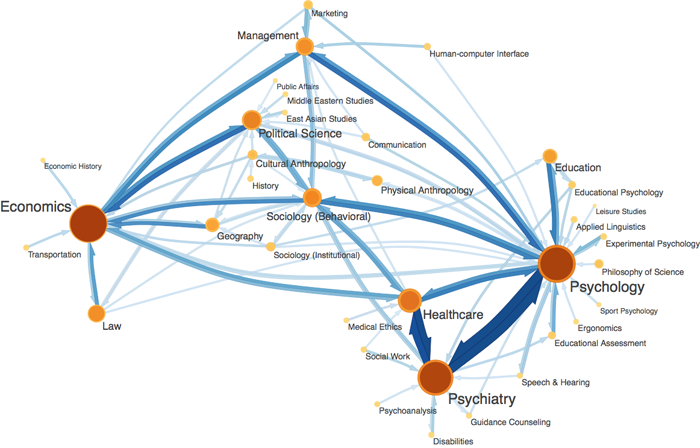philosophy
Concrete Cognition and the Cogs of the Brain
It’s somewhat unfashionable in polite circles to refer to the brain as a machine. But I reckon that’s precisely what it is. This isn’t in any way diminishing the wonder of the mind or the brain, but the notion, when understood, dramatically elevates the wonder we ought to feel for machines.
And I use the word “machine” deliberately rather than “computer.” It’s actually both, but the machine comes first. It’s in the properties and interactions of the cogs of the machine that we can ultimately find intelligence, and it’s insufficient to refer only to symbol manipulation or cognitive models. We must see that intelligence is built in to the physical properties of the brain. But in a particularly clever way – but not fundamentally much more clever than an abacus.
This approach also sheds light on why I find so distasteful the notion that all knowledge is knowledge-that – i.e. propositional or explicit knowledge that can be captured in propositional form, such as “I know the sky is blue.” I far prefer to start with knowledge-how – concrete knowledge and abilities, and things like “I know how to ride a bike” – as the foundation of knowledge.
Let me explain:


